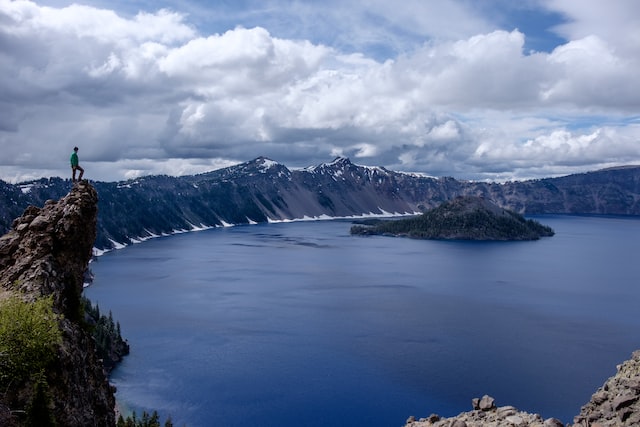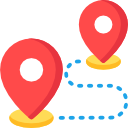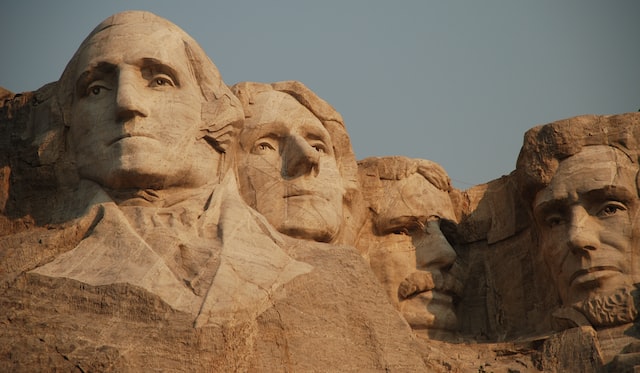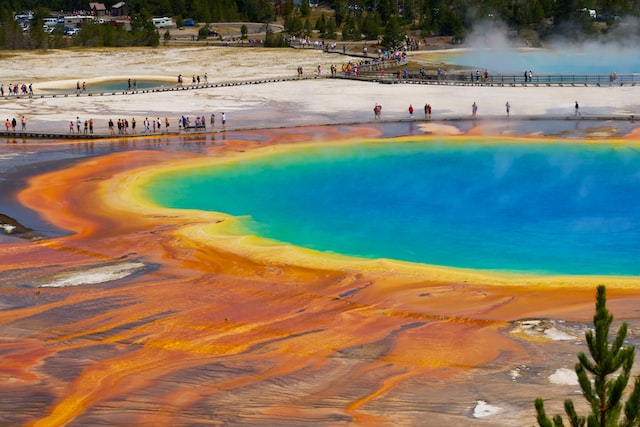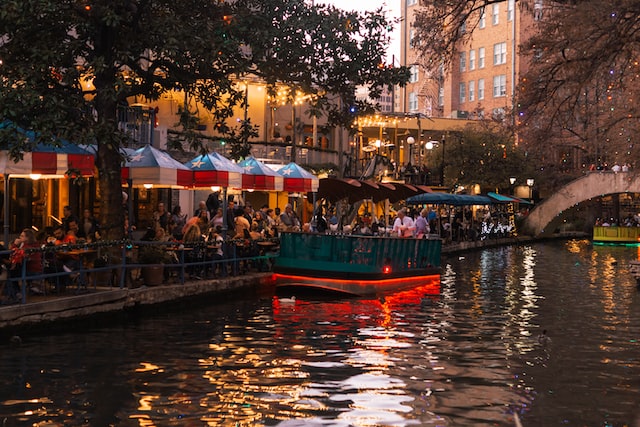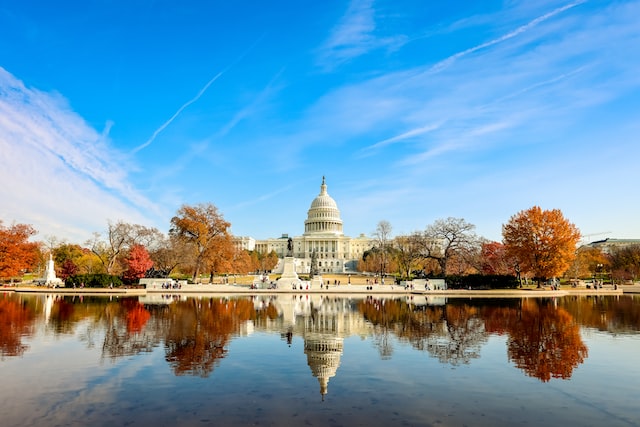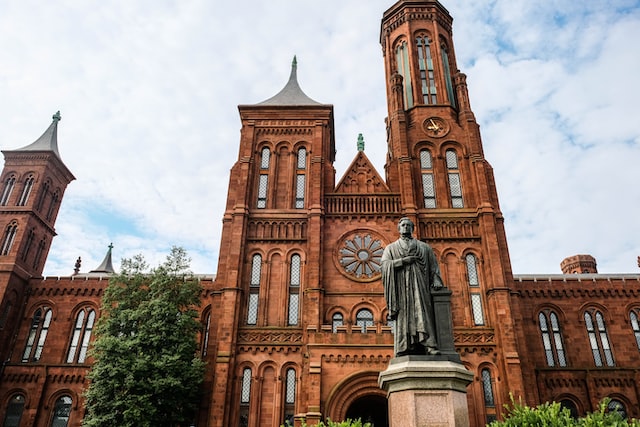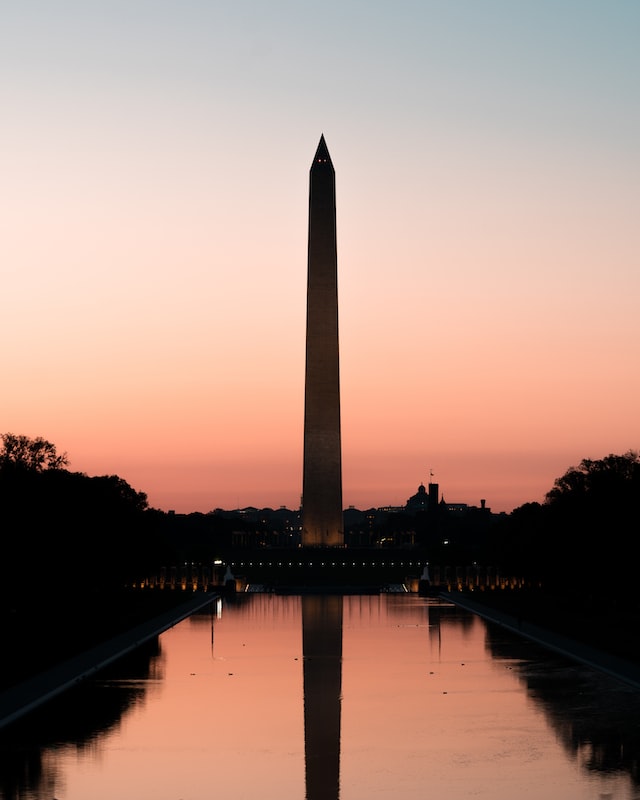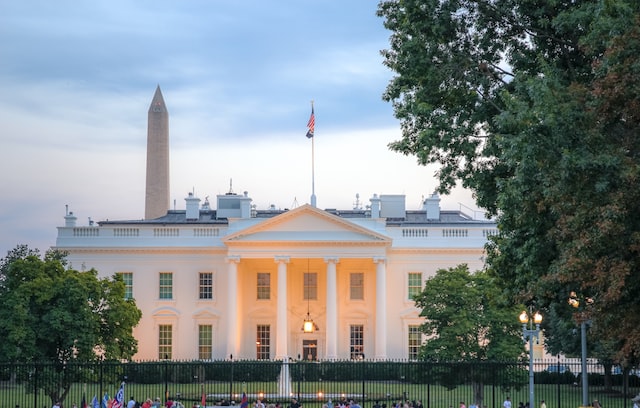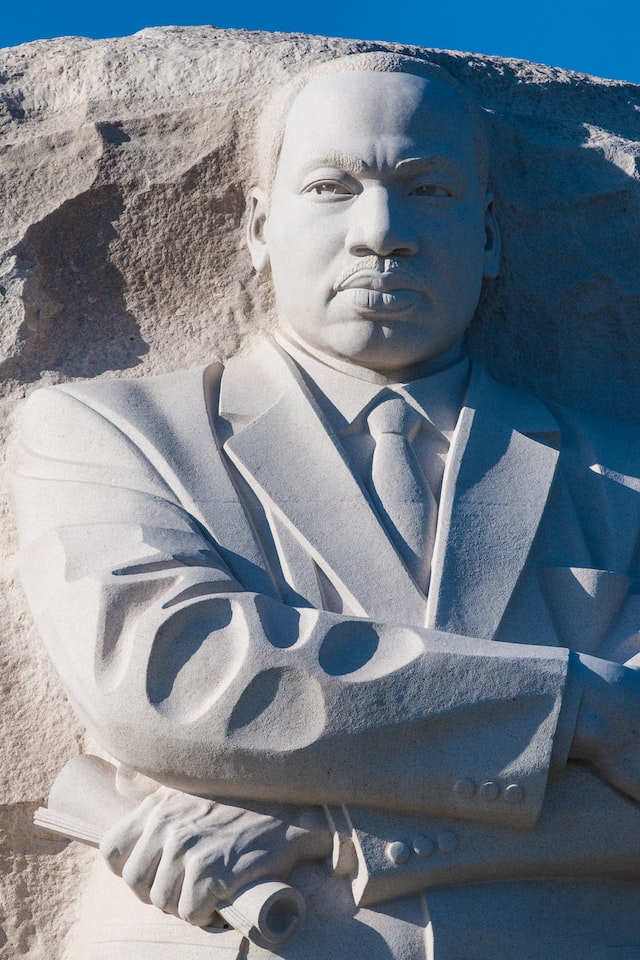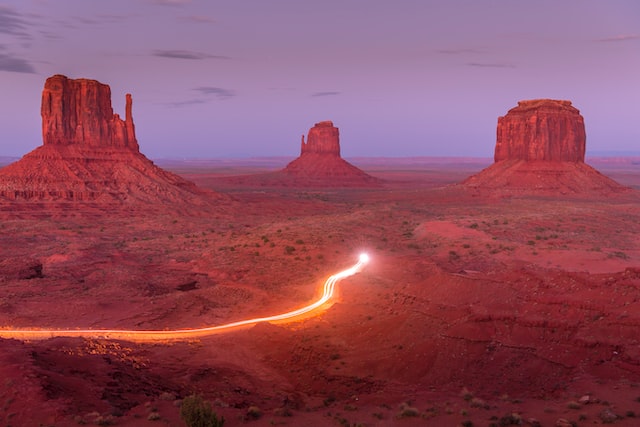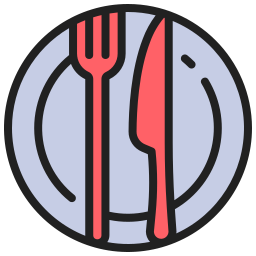Washington : Crater Lake National Park
Open Time : 9:00 A.M to 5:00 P.M
Entry : paid
Address : Crater Lake National Park, Oregon, USA
Website : https://www.nps.gov/crla/
More Travel Tips from Washington
Why to visit Crater Lake National Park
The park's main feature, Crater Lake, is a beautiful and unique natural feature. The lake's intense blue color and clear water are a result of its depth and lack of streams feeding into it. Visitors can take boat tours of the lake, hike around the rim, or take scenic drives to view the lake from different angles. The park offers a variety of hiking trails that range in difficulty and offer different scenic views. Visitors may spot a variety of birds, mammals, fish, and wildflowers while exploring the park.
Places to visit near Crater Lake
- Lava Beds National Monument
- Rogue River
- Ashland
- Klamath Falls
Places to eat near Crater Lake
- Crater Lake National Park
- The Crater Lake Lodge Dining Room
- Annie Creek Restaurant
- Prospect Historic Hotel and Restaurant
How to reach
The following transit lines have routes that pass near Crater Lake National Park Trust
Timings
- It is open from 9am to 5pm
Entry fee
Entry ticket costs $30
FAQ on Crater Lake National Park
What are the park's fees?
There is a $30 per vehicle fee to enter the park, which is valid for seven days. Fees may vary for motorcycles and commercial vehicles.
Can I make a reservation for camping?
Yes, campsites at the Mazama Campground can be reserved in advance, but be aware that campsites fill up quickly, especially during the summer months.
Are there any restaurants or stores in the park?
There are a few dining options and a store located within the park, but they may be closed during the off-season. It's best to bring your own food and supplies, especially if you're planning to visit during the winter.
What are the major attractions near Crater Lake National Park?
The major attractions near Crater Lake National Park are Lava Beds National Monument, Rogue River, Ashland, Klamath Falls.
Special Tip
The park is located at an altitude of around 6,000 feet, so visitors may experience symptoms of altitude sickness, such as headache, nausea, and shortness of breath. To help prevent these symptoms, be sure to drink plenty of water and take it easy during the first day of your visit.
By Hammad Warsi
Disclaimer: Please note that the content of this blog/article including links, texts, images, and graphics is only meant for informational purposes. We do not intend to infringe any copyright policy or do not possess any third-party material. If you have issues related to any of our content or images, kindly drop your message at info@connectingtraveller.com



